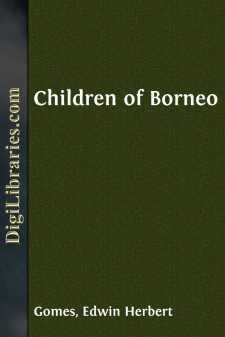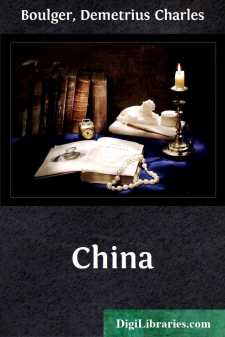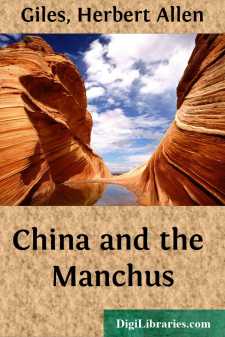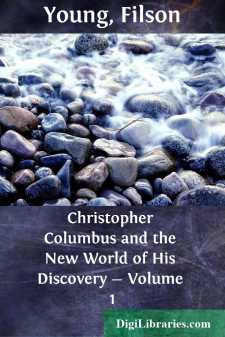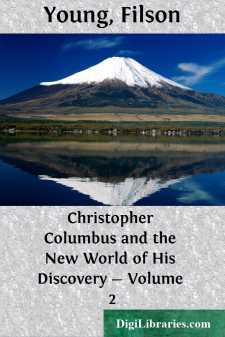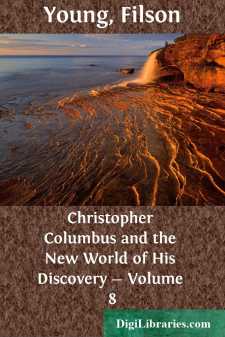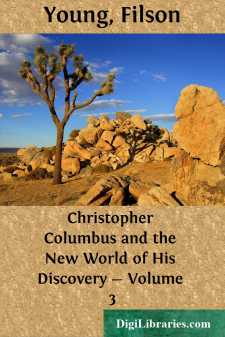History
- Africa 30
- Americas (North Central South West Indies) 50
- Ancient 68
- Asia 58
- Australia & New Zealand 8
- Canada 41
- Caribbean & West Indies 1
- Civilization 20
- Eastern Europe 12
- Europe 310
- Expeditions & Discoveries 60
- General 77
- Historical Geography 1
- Jewish 9
- Latin America 3
- Medieval 8
- Middle East 13
- Military 248
- Revolutionary 8
- Study & Teaching 5
- United States 353
- Western Europe 56
- World 13
History Books
Sort by:
by:
Ruth Putnam
CHAPTER I CHILDHOOD 1433-1440 On St. Andrew's Eve, in the year 1433, the good people of Dijon were abroad, eager to catch what glimpses they might of certain stately functions to be formally celebrated by the Duke of Burgundy. The mere presence of the sovereign in the capital of his duchy was in itself a gala event from its rarity. Various cities of the dominions agglomerated under his sway...
more...
CHAPTER I Away down in the Indian Ocean there is a long chain of islands that stretches from Burmah to Australia. One of these is New Guinea which is the largest island in the world (leaving out Australia), and Borneo comes next in size. It is nearly four times as large as England. One quarter of it—the States of Sarawak and British North Borneo—is under British influence. The rest is all claimed...
more...
CHAPTER I THE EARLY AGES The Chinese are unquestionably the oldest nation in the world, and their history goes back to a period to which no prudent historian will attempt to give a precise date. They speak the language and observe the same social and political customs that they did several thousand years before the Christian era, and they are the only living representatives to-day of a people and...
more...
CHAPTER I—THE NÜ-CHÊNS AND KITANS The Manchus are descended from a branch of certain wild Tungusic nomads, who were known in the ninth century as the Nü-chêns, a name which has been said to mean "west of the sea." The cradle of their race lay at the base of the Ever-White Mountains, due north of Korea, and was fertilised by the head waters of the Yalu River. In an illustrated Chinese work...
more...
by:
Filson Young
The writing of historical biography is properly a work of partnership, to which public credit is awarded too often in an inverse proportion to the labours expended. One group of historians, labouring in the obscurest depths, dig and prepare the ground, searching and sifting the documentary soil with infinite labour and over an area immensely wide. They are followed by those scholars and specialists in...
more...
by:
Filson Young
WANDERINGS WITH AN IDEA The man to whom Columbus proposed to address his request for means with which to make a voyage of discovery was no less a person than the new King of Portugal. Columbus was never a man of petty or small ideas; if he were going to do a thing at all, he went about it in a large and comprehensive way; and all his life he had a way of going to the fountainhead, and of making flights...
more...
by:
Filson Young
The writing of historical biography is properly a work of partnership, to which public credit is awarded too often in an inverse proportion to the labours expended. One group of historians, labouring in the obscurest depths, dig and prepare the ground, searching and sifting the documentary soil with infinite labour and over an area immensely wide. They are followed by those scholars and specialists in...
more...
by:
Filson Young
RELIEF OF THE ADMIRAL There was no further difficulty about provisions, which were punctually brought by the natives on the old terms; but the familiar, spirit of sedition began to work again among the unhappy Spaniards, and once more a mutiny, led this time by the apothecary Bernardo, took form—the intention being to seize the remaining canoes and attempt to reach Espanola. This was the point at...
more...
by:
Filson Young
CHAPTER I THE ENCHANTED ISLANDS Columbus did not intend to remain long at San Salvador. His landfall there, although it signified the realisation of one part of his dream, was only the starting-point of his explorations in the New World. Now that he had made good his undertaking to "discover new lands," he had to make good his assurance that they were full of wealth and would swell the revenues...
more...
by:
Filson Young
DEGRADATION The first things seen by Francisco de Bobadilla when he entered the harbour of San Domingo on the morning of the 23rd of August 1500 were the bodies of several Spaniards, hanging from a gibbet near the water-side —a grim confirmation of what he had heard about the troubled state of the island. While he was waiting for the tide so that he might enter the harbour a boat put off from shore...
more...



